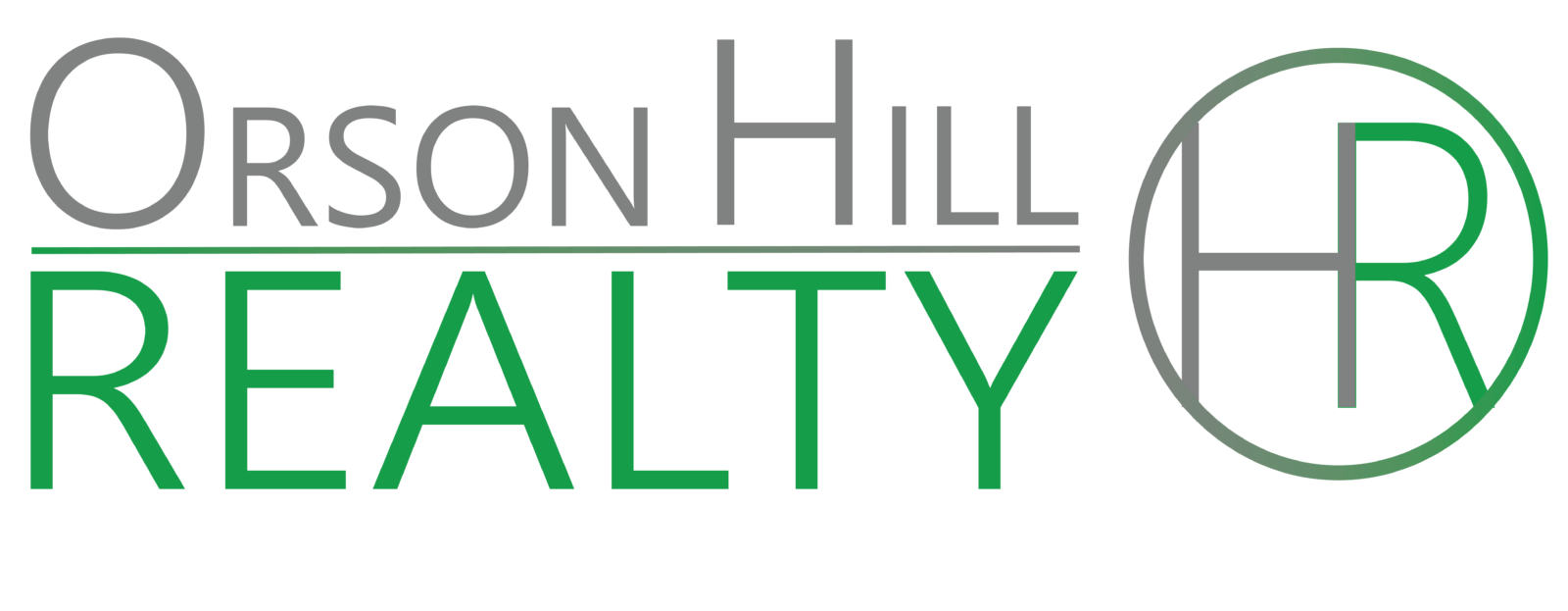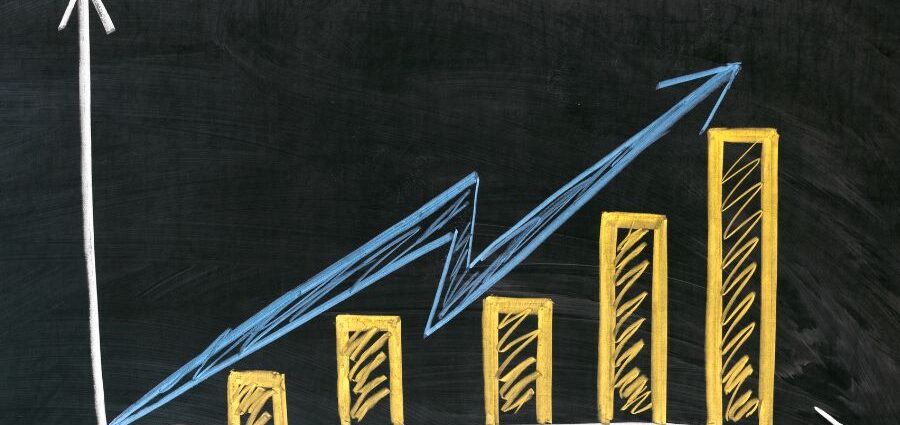A Recession Doesn’t Equal a Housing Crisis: Debunking Common Misconceptions
The mere mention of the word “recession” can strike fear into the hearts of potential homebuyers and sellers. But before you start second-guessing your plans, it’s important to understand that not all recessions are created equal, and not all of them lead to a housing crisis. In fact, according to experts, if we do enter a recession, it’s likely to be mild and short-lived. In this article, we’ll explore why a recession doesn’t necessarily equal a housing crisis and how historical data supports this.
A Look at the Current Economic Climate
The Federal Reserve has projected a mild recession starting later this year, with a subsequent recovery over the following two years. While a recession may be on the horizon, it’s not expected to be as severe as the one experienced in 2008. Moreover, even during past recessions, the housing market has remained relatively stable, with home prices appreciating in four of the last six recessions. Thus, there is little reason to believe that a recession will automatically lead to falling home prices.
Why Home Prices Don’t Necessarily Fall During a Recession
To understand why a recession doesn’t necessarily lead to falling home prices, it’s important to look at the historical data. As shown in the graph below, home prices appreciated during four of the last six recessions, including the most recent one in 2008.
What’s different now is that the fundamentals of the housing market have changed since 2008. In the past, one of the primary reasons for falling home prices was an oversupply of homes for sale, along with a flood of distressed properties on the market. However, today’s housing market is experiencing a shortage of homes for sale. While home prices may see slight declines in some areas, it’s unlikely that we’ll see a repeat of the crash in 2008.
The Relationship Between Mortgage Rates and Recessions
One of the biggest impacts of a recession on the housing market is a decrease in mortgage rates. Historically, mortgage rates have decreased each time the economy has slowed down.
During a traditional recession, the Federal Reserve typically lowers interest rates, creating an incentive for people to spend money and stimulate the economy. This also leads to more affordable mortgage rates, making homeownership more accessible for buyers.
However, in 2023, mortgage rates have been volatile due to high inflation, hovering between 6-7%. This has impacted affordability for potential homebuyers, particularly those with lower incomes. If a recession does occur, we can expect mortgage rates to fall below this threshold, although it’s unlikely we’ll see rates as low as 3% again.
Why You Don’t Need to Fear a Recession’s Impact on the Housing Market
Despite the common belief that a recession will inevitably lead to a housing crisis, the historical data shows that this is not always the case. Home prices have appreciated during the majority of recessions, and a recession often means falling mortgage rates. Additionally, experts are predicting a mild and short recession, which further reduces the likelihood of a housing market crash.
Therefore, if you’re planning to buy or sell a home, there’s no reason to let a potential recession deter you. By understanding the historical data and the current economic climate, you can make informed decisions that will benefit you in the long run.
Table of Contents
- 1 A Recession Doesn’t Equal a Housing Crisis: Debunking Common Misconceptions
- 2 A Look at the Current Economic Climate
- 3 Why Home Prices Don’t Necessarily Fall During a Recession
- 4 The Relationship Between Mortgage Rates and Recessions
- 5 Why You Don’t Need to Fear a Recession’s Impact on the Housing Market



